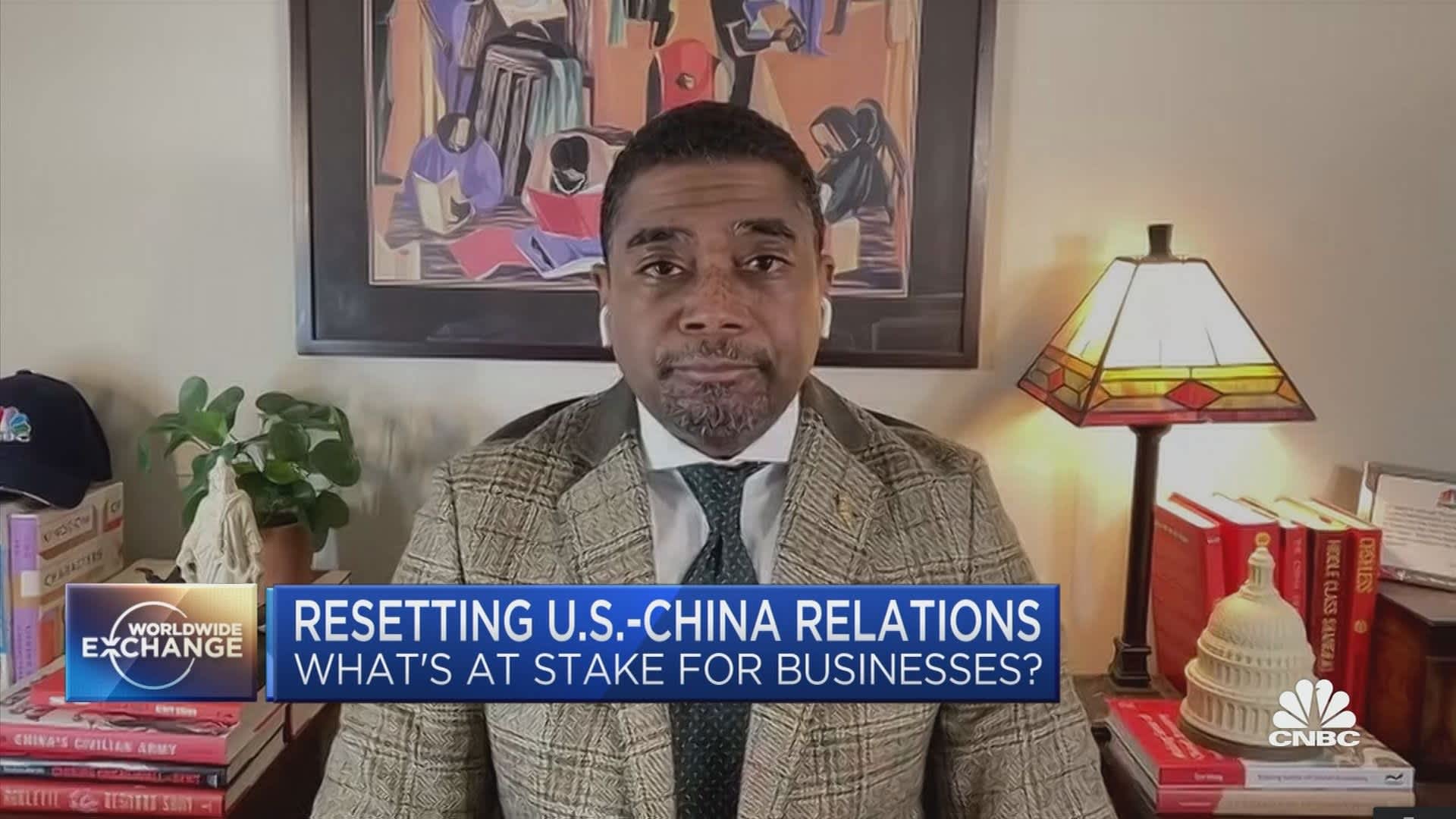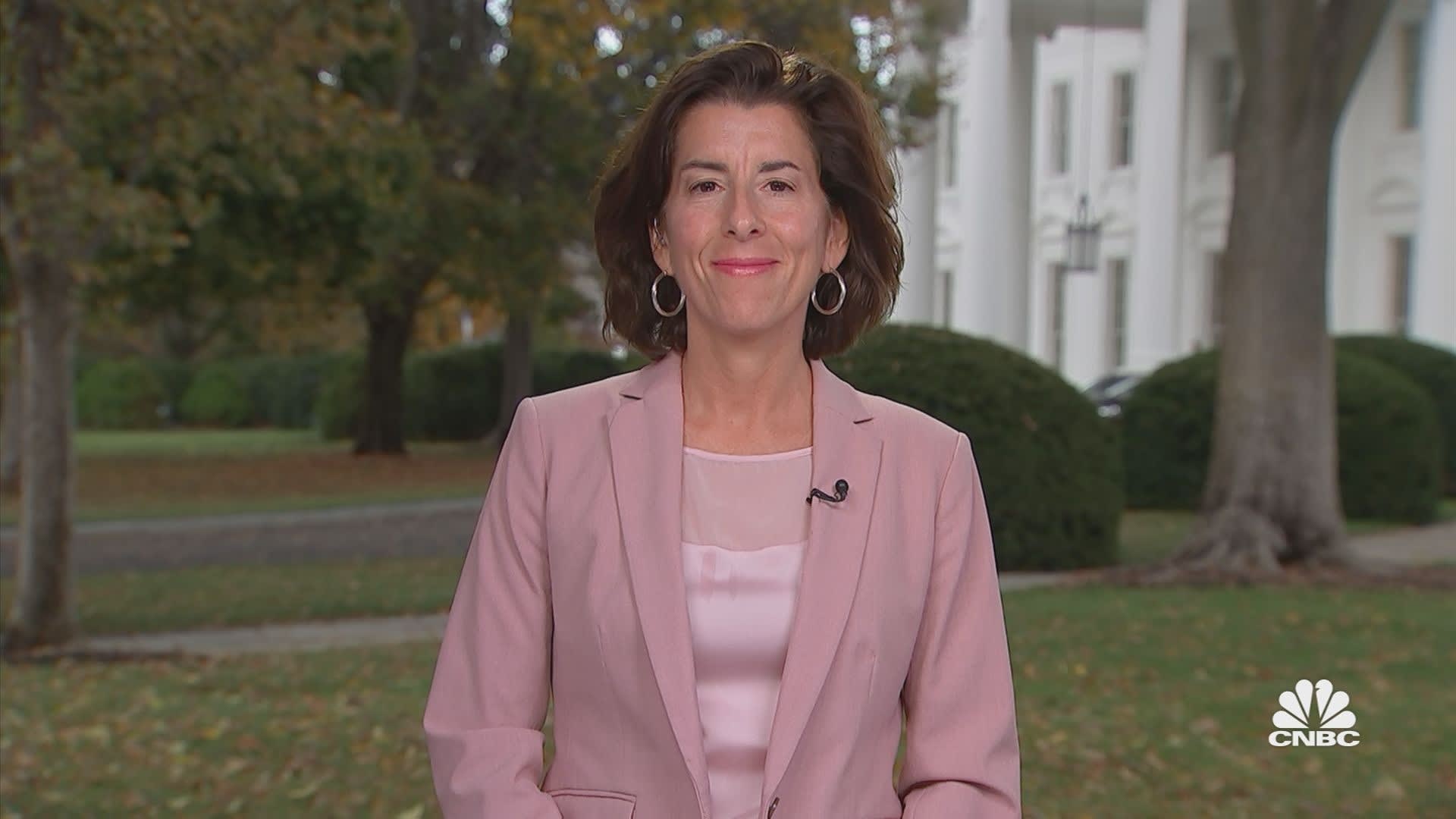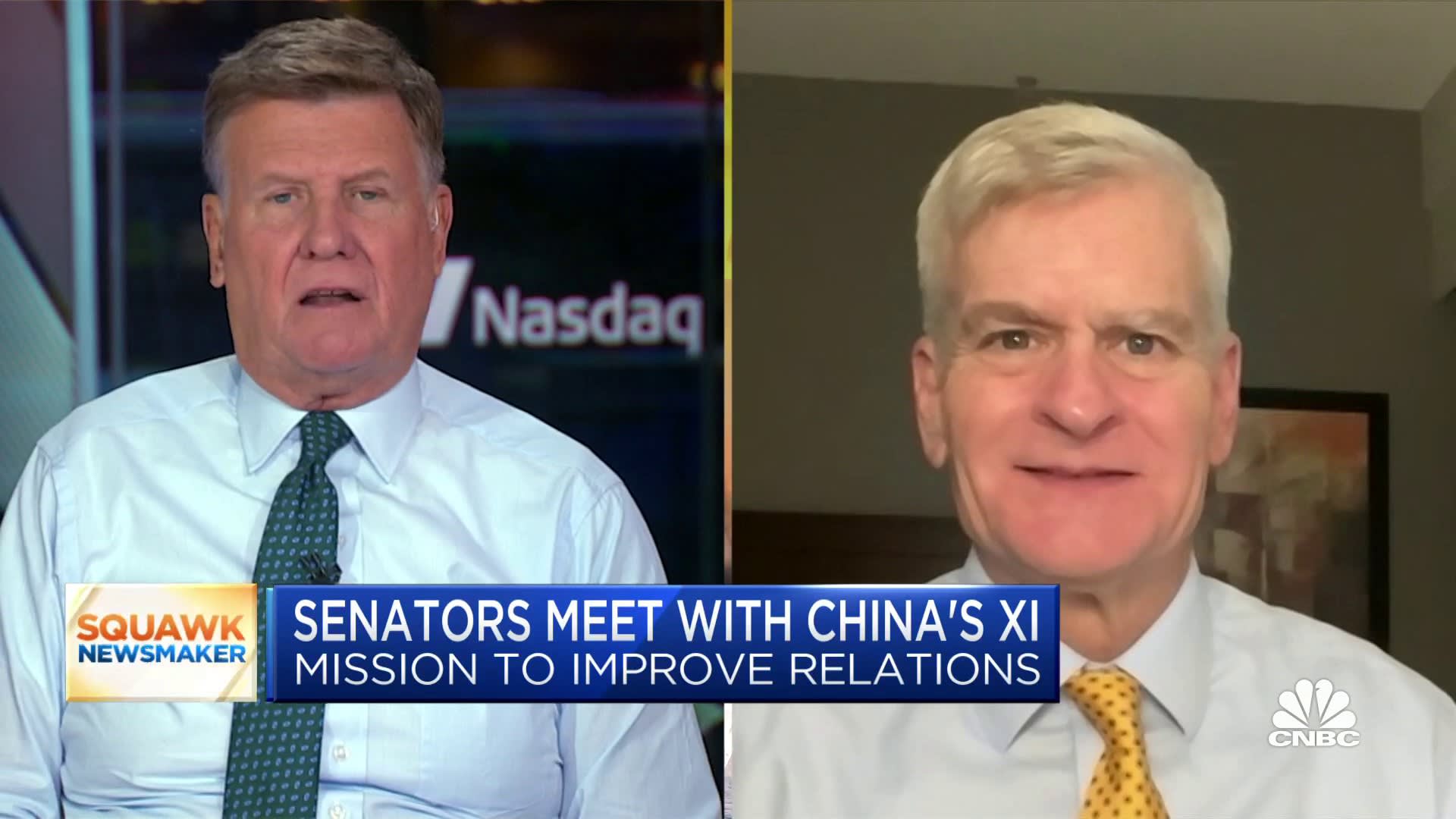
The forthcoming Xi-Biden summit on the sidelines of the Asia Pacific Economic Conference (APEC) will be a critical juncture in the intricate relationship between the United States and China. Presently, this relationship faces more challenges than it has encountered in the past two decades. Both nations are embroiled in a long-term contest for global supremacy, each aiming to shape the international system’s rules, norms, and standards for the foreseeable future.
However, a broad spectrum of global stakeholders, including countries big and small, investors, and corporations, are eager to see these major powers explore opportunities for cooperation in addressing a range of global issues such as nuclear arms control, climate change, and the regulation of artificial intelligence.
The pressing question at hand is whether these two global giants can effectively strike a balance between their long-term strategic competition and the growing need to manage their relationship. They must also rebuild the essential habits of cooperation to address the existential challenges that have arisen.
While the U.S. has stressed the necessity of this equilibrium, China has been hesitant to fully embrace the idea of simultaneous competition with guardrails and cooperation in areas of shared interests and common threats. There are indications that China may be increasingly receptive to this concept, but the outcome of the meeting between Xi and Biden will be pivotal in determining whether the two powers are on the path toward an “accommodation” that can establish the required boundaries to prevent competition from escalating into conflict, while actively seeking avenues for cooperation on pressing global challenges.
Joe Biden and Chinese President Xi Jinping toast during a State Luncheon for China hosted by former US Secretary of State John Kerry on September 25, 2015 at the Department of State in Washington, DC.
Paul J. Richards | AFP | Getty Images
It is essential for the U.S. and the world at large to acknowledge that China plays a significant role in determining the course of this relationship. While the U.S. often appears to assume the role of the “decider,” it is crucial to dispel this notion and recognize China’s substantial role and responsibility in shaping the intricate dynamics of this relationship. China has a history of suspending regular dialogue, particularly military-to-military discussions, to express its displeasure with U.S. actions. This pattern has been evident over the years, particularly regarding the Taiwan issue.
Recent U.S. moves to protect national security interests
The U.S. has recently implemented robust policies aiming to protect our national security interests and influence China’s long-term behavior. Examples include increased U.S. focus on espionage and cyber-spying from China, measures to strengthen and expand export controls on semiconductor chips, an executive order on outbound investment screening, and the inclusion of Chinese companies on various trade and economic target lists like the BIS Entities list that have been cited by China as evidence of the U.S. focusing on containing China’s comprehensive national power.
Moving beyond these contentious points, the Xi-Biden meeting on the margins of the APEC Summit offers an ideal setting for the U.S. and China to rekindle the spirit of collaboration and cooperation, reminiscent of the framework for cooperation that emerged from the previous year’s G-20 meeting in Bali.
Signs of progress have emerged following a series of summer diplomatic initiatives, including Secretary of State Antony Blinken’s visit to China, and subsequent high-level visits from officials like Treasury Secretary Janet Yellen, climate envoy John Kerry, and Commerce Secretary Gina Raimondo. Even Senator Chuck Schumer, a known China hawk, led a bipartisan delegation to China, reflecting the desire to navigate a relationship marked by disagreements over human rights, trade, and China’s military development. Furthermore, California Governor Gavin Newsom’s recent trip to China has offered optimism about possible cooperation on climate change, at least at the subnational level.

While diplomatic relations have experienced some improvement, challenges like Taiwan, Chinese military maneuvers near Taiwan’s airspace, China’s support for Russia’s invasion of Ukraine, its early statements about the recent war in Israel and Gaza that failed to mention the violence perpetrated by Hamas or make any mention of the hostages, increased tensions in the South China Sea, and a low-intensity pressure campaign on Western businesses operating in China, all continue to cast shadows on the long-term potential for cooperation.
These complexities underscore the importance of the upcoming Xi-Biden summit and the need to demonstrate that the overall relationship can endure individual actions or competitive moves without destabilizing the entire relationship over specific issues. The intention is to illustrate that the competition-cooperation framework is not an on-off switch based on emotional reactions but a comprehensive approach to managing the bilateral relationship.
The key goal for both the U.S. and China during the meeting in San Francisco should be to show the world that both countries can be rational and practical managers of their bilateral relationship, while showcasing their roles as responsible and stable world powers. The summit offers an opportunity to inject stability into an increasingly precarious world. Both nations must acknowledge their common challenges and seek new areas of cooperation, while considering the priorities of allies, companies, and investors who demand a balanced and nuanced approach to U.S.-China relations.
What’s at stake for the markets and economy
Many U.S. businesses ardently desire a stable bilateral relationship, believing it can help mitigate the geopolitical risks looming over their operations in China. Among these companies, giants like Apple, Nike, and Caterpillar hold a unique position, heavily reliant on the Chinese market to drive a substantial share of their revenue and underpin their growth forecasts. China is not merely a colossal consumer market; it stands as a manufacturing epicenter, offering a cost-effective production infrastructure.
However, this deep-rooted reliance underscores their vulnerability to disruptions and uncertainties in the ever-shifting landscape of U.S.-China relations. Their operational success is intricately linked to unobstructed access to China’s vast market. Any encumbrances or limitations on their ability to conduct business within China’s borders can significantly impact their financial performance and profitability.
A constructive shift in bilateral relations could potentially yield increased market access and fewer regulatory hurdles, essentially paving the way for these companies to broaden their footprint in China. For brands like Apple and Nike, the role of Chinese consumers is pivotal. An improved geopolitical atmosphere not only aids in enhancing the perception of foreign brands in China but also has the potential to lessen nationalistic sentiments among consumers.
Furthermore, heightened dialogue between the U.S. and China could provide essential clarity regarding China’s long-term political and economic trajectory and its commitment to accommodating foreign enterprises and investors without bias. This level of transparency is paramount for informed corporate decision-making. The presence of ambiguities in these domains can result in cautious investments and hinder strategic planning.
In a recent op-ed, Secretary Yellen underscored the necessity of channeling the new economic dialogue toward addressing concerns relating to Beijing’s unfair economic practices, non-market instruments, and actions affecting U.S. firms operating in China. Her emphasis is well-placed, and if China genuinely aspires to attract more foreign investment while preventing the exodus of international companies, they must offer more than mere rhetoric to convey that China is “open for business.” Concrete policy actions are the need of the hour, policies that engender a safe and secure, transparent, predictable, and equitable business environment.
This calls for stronger safeguards for intellectual property, the reduction of regulatory roadblocks, equal treatment for both foreign and domestic companies, and an end to arbitrary raids, detentions, and exit bans imposed on foreign firms and their employees.
A discernible improvement in U.S.-China relations, coupled with substantial policy changes in China, will empower companies to navigate the Chinese market with a heightened sense of confidence. Such a shift toward stability isn’t just beneficial for these corporations but stands to bolster the overall bilateral relationship between the two nations. In the grand scheme of things, this is a catalyst for mutual economic growth and collaboration and more global stability and prosperity.
This is what is at stake. The summit could be the final chance to stabilize the relationship, demonstrating to domestic audiences in both countries and global stakeholders that a workable, if not entirely ideal, management framework for China-U.S. relations is possible. Both leaders should seize this opportunity before a series of potentially destabilizing events in 2024, such as the Taiwan and the U.S. presidential elections, move relationship stabilization out of reach.
The San Francisco meeting offers the chance to redefine the narrative between the United States and China, striking a balance between competition and cooperation and setting a precedent for a more predictable and stable future that aids the global economy and helps in addressing numerous global challenges rather than exacerbating them.
—By Dewardric McNeal, managing director and senior policy analyst at Longview Global, and a CNBC Contributor


